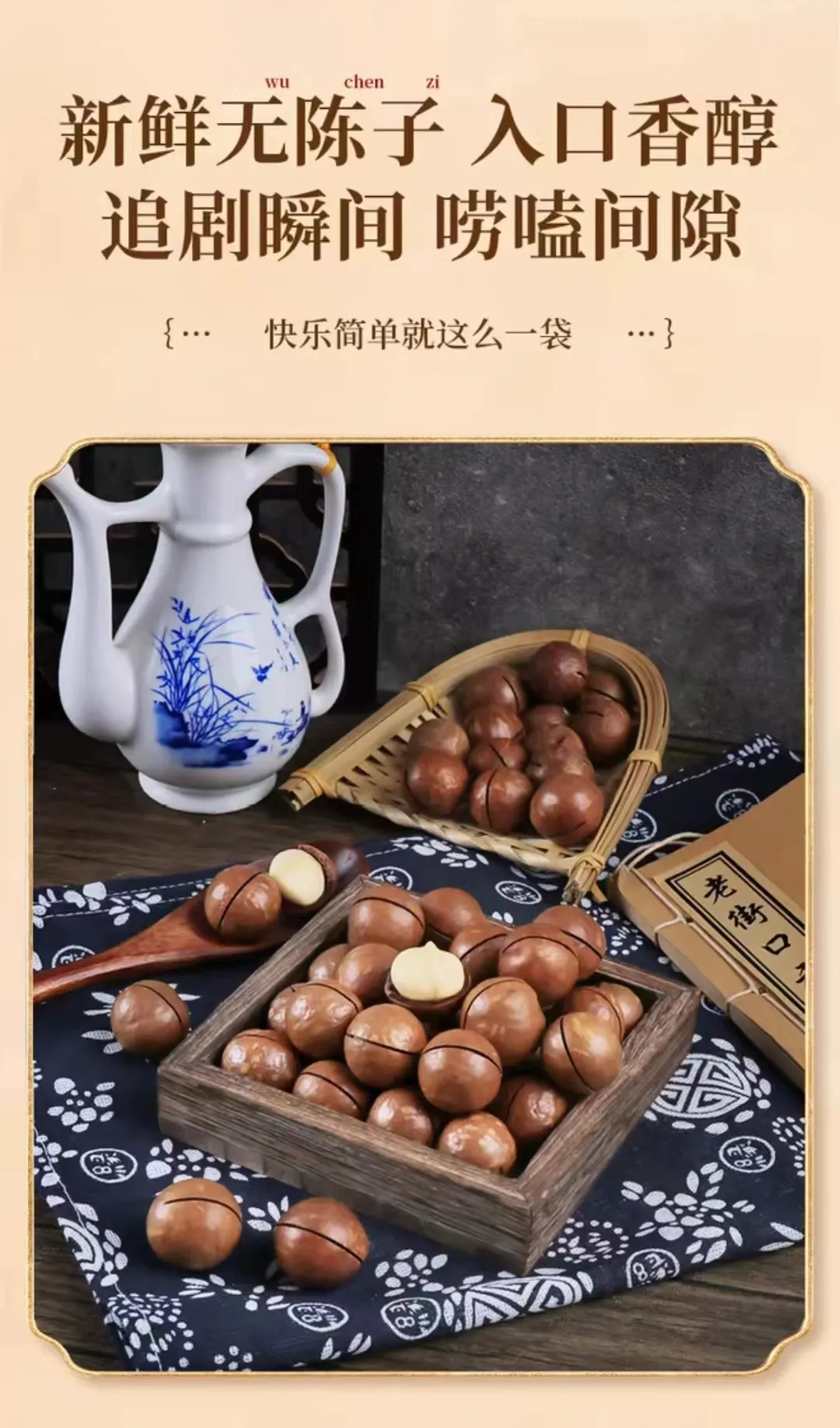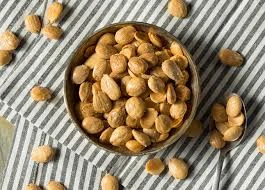-
 Afrikaans
Afrikaans -
 Albanian
Albanian -
 Amharic
Amharic -
 Arabic
Arabic -
 Armenian
Armenian -
 Azerbaijani
Azerbaijani -
 Basque
Basque -
 Belarusian
Belarusian -
 Bengali
Bengali -
 Bosnian
Bosnian -
 Bulgarian
Bulgarian -
 Catalan
Catalan -
 Cebuano
Cebuano -
 Corsican
Corsican -
 Croatian
Croatian -
 Czech
Czech -
 Danish
Danish -
 Dutch
Dutch -
 English
English -
 Esperanto
Esperanto -
 Estonian
Estonian -
 Finnish
Finnish -
 French
French -
 Frisian
Frisian -
 Galician
Galician -
 Georgian
Georgian -
 German
German -
 Greek
Greek -
 Gujarati
Gujarati -
 Haitian Creole
Haitian Creole -
 hausa
hausa -
 hawaiian
hawaiian -
 Hebrew
Hebrew -
 Hindi
Hindi -
 Miao
Miao -
 Hungarian
Hungarian -
 Icelandic
Icelandic -
 igbo
igbo -
 Indonesian
Indonesian -
 irish
irish -
 Italian
Italian -
 Japanese
Japanese -
 Javanese
Javanese -
 Kannada
Kannada -
 kazakh
kazakh -
 Khmer
Khmer -
 Rwandese
Rwandese -
 Korean
Korean -
 Kurdish
Kurdish -
 Kyrgyz
Kyrgyz -
 Lao
Lao -
 Latin
Latin -
 Latvian
Latvian -
 Lithuanian
Lithuanian -
 Luxembourgish
Luxembourgish -
 Macedonian
Macedonian -
 Malgashi
Malgashi -
 Malay
Malay -
 Malayalam
Malayalam -
 Maltese
Maltese -
 Maori
Maori -
 Marathi
Marathi -
 Mongolian
Mongolian -
 Myanmar
Myanmar -
 Nepali
Nepali -
 Norwegian
Norwegian -
 Norwegian
Norwegian -
 Occitan
Occitan -
 Pashto
Pashto -
 Persian
Persian -
 Polish
Polish -
 Portuguese
Portuguese -
 Punjabi
Punjabi -
 Romanian
Romanian -
 Russian
Russian -
 Samoan
Samoan -
 Scottish Gaelic
Scottish Gaelic -
 Serbian
Serbian -
 Sesotho
Sesotho -
 Shona
Shona -
 Sindhi
Sindhi -
 Sinhala
Sinhala -
 Slovak
Slovak -
 Slovenian
Slovenian -
 Somali
Somali -
 Spanish
Spanish -
 Sundanese
Sundanese -
 Swahili
Swahili -
 Swedish
Swedish -
 Tagalog
Tagalog -
 Tajik
Tajik -
 Tamil
Tamil -
 Tatar
Tatar -
 Telugu
Telugu -
 Thai
Thai -
 Turkish
Turkish -
 Turkmen
Turkmen -
 Ukrainian
Ukrainian -
 Urdu
Urdu -
 Uighur
Uighur -
 Uzbek
Uzbek -
 Vietnamese
Vietnamese -
 Welsh
Welsh -
 Bantu
Bantu -
 Yiddish
Yiddish -
 Yoruba
Yoruba -
 Zulu
Zulu
Jun . 02, 2025 14:48 Back to list
Premium Selected Sunflower Seeds Exporters & Manufacturers Top Factories
This article provides an in-depth exploration of premium sunflower seed products and their global market presence. Here's what we'll cover:
- The growing global demand for quality sunflower seeds
- Market data and industry growth projections
- Advanced processing technologies in production
- Comparative analysis of top manufacturing players
- Customized processing solutions
- Industry-specific application cases
- Future market developments and quality standards

(selected sunflower seeds)
The Rising Global Demand for Selected Sunflower Seeds
Premium sunflower seeds have transitioned from snack aisles to becoming strategic agricultural commodities. The global market reached $58.7 billion in 2023, with food manufacturers increasingly seeking specialized varieties with specific oil content profiles, size consistency, and exceptional purity levels. Leading agricultural research institutions report that optimized sunflower cultivars can increase oil extraction efficiency by up to 22% compared to standard varieties.
International traders now prioritize seeds meeting exacting standards: uniform 11-13mm sizing, hull integrity above 98%, and moisture content precisely maintained at 4.5-5.2%. Food technologists value these selected sunflower seeds
for their high oleic acid content (78-82%), which provides superior oxidative stability in food processing applications. The consistent quality output from specialized processing facilities ensures reliable supply chains for global manufacturers.
Market Dynamics and Growth Projections
Global trade data reveals shifting patterns in production and consumption. Major importing regions include the European Union (37% market share), Southeast Asia (28%), and North America (19%), with food manufacturing being the dominant application sector. Compound annual growth of 5.8% is projected through 2030, driven particularly by healthy snack demand and plant-based food innovation.
Production economics show why selection matters: premium sunflower varieties yield processing advantages that reduce operational costs. The hulling efficiency rate reaches 92-95% for selected varieties compared to 78-85% for conventional seeds. This translates to approximately $27/ton savings in processing overhead, making high-grade seeds economically advantageous despite higher initial procurement costs.
Technical Excellence in Seed Processing
Leading manufacturing facilities employ integrated technological solutions to maintain premium standards:
- Optical Sorting Systems: 16-spectrum imaging technology identifies and removes defective seeds at 15 tons/hour capacity with 99.7% accuracy
- Precision Calibration: Electrostatic separation eliminates hollow seeds while gravity tables achieve consistent sizing within 0.2mm tolerance
- Moisture Control: Multi-zone infrared drying preserves optimal 4.8% moisture content without nutrient degradation
- Automated Packaging: Nitrogen-flush systems extend shelf-life to 18 months while preserving freshness
These technological investments enable production consistency with strict adherence to international food safety protocols including HACCP, BRCGS, and IFS certifications. The processing precision ensures reliable quality parameters batch after batch.
Leading Manufacturers Comparative Analysis
Top exporters deploy distinct capabilities to serve global markets. This table presents key operational metrics:
| Manufacturer | Annual Capacity | Processing Capabilities | Export Markets | Specialized Varieties |
|---|---|---|---|---|
| Helios AgroExport | 120,000 MT | High-oleic, Organic, Roasted | 32 countries | 12 proprietary hybrids |
| Golden Harvest Foods | 85,000 MT | Sterilized, Custom seasoning, Shelling | 28 countries | 6 patented cultivars |
| SunSeed Producers Group | 68,000 MT | Dehulled kernels, Oil-grade selections | 24 countries | Non-GMO specialties |
The manufacturing landscape reveals two distinct approaches to quality control. Helios AgroExport operates integrated farms, enabling cultivar-specific segregation from planting through processing. Golden Harvest Foods utilizes blockchain for end-to-end traceability, while SunSeed Producers Group has pioneered ozone-based sterilization technology that preserves nutritional integrity.
Specialized Processing Solutions
Industrial applications demand customized approaches to meet exact specifications:
- Oil Production Grade: Selected seeds with 46-50% oil content, low FFA (<1.2%), optimized for cold pressing
- Confectionery Kernels: Extra-large (>13mm), hull-free kernels with minimum 99.5% visual integrity
- Bakery Ingredients: Pre-roasted varieties with moisture control (<3%) for consistent texture
Manufacturers adapt processes to client requirements, from specialized dehulling equipment that preserves whole kernels to micronutrient fortification techniques. Seasoning integration systems allow custom flavor profiles with precise oil-to-seasoning ratios ranging from 8-14% coating applications. Packaging flexibility includes bulk containers with modified atmosphere for international shipping or retail-ready formats with multilayered barrier materials.
Industry Implementation Case Studies
Major food producers have achieved tangible results using premium sunflower inputs:
- Healthy Snack Brand: Reduced product variation by 40% after switching to calibrated 12-13mm seeds, decreasing customer complaints by 67%
- European Bakery Chain: Extended product freshness by 8 days using moisture-controlled seeds in artisan bread formulations
- Plant-Based Dairy Startup: Achieved 18% protein increase in sunflower milk formulation using high-protein hybrid varieties
Agricultural experts have documented superior performance in challenging applications. Selected sunflower seeds maintained oil stability after high-heat processing better than alternative ingredients, extending shelf life without synthetic antioxidants. The consistent quality of specialized inputs also reduced manufacturing waste by an average of 12% across reported applications.
Future Perspectives for Selected Sunflower Seeds
As global demand patterns shift, sunflower seeds exporters are positioning for changing requirements. Breeding programs focus on specialized cultivars: high-protein variants for plant-based protein applications and varieties with enhanced phytochemical content for functional foods. Predictive analytics now inform the entire value chain, reducing quality variations at sourcing points.
International standards for selected sunflower seeds continue to evolve, with the Global Food Safety Initiative introducing new mycotoxin control protocols that manufacturers will implement through AI-powered optical detection. The trajectory points toward increased specialization, with premium producers developing seeds engineered for specific processing outcomes - from optimized oil extraction to perfect roasting characteristics.

(selected sunflower seeds)
FAQS on selected sunflower seeds
Q: How to verify the credibility of selected sunflower seeds exporters?
A: Check certifications like ISO or HACCP, review customer testimonials, and verify their export history with international clients to ensure reliability and compliance with global standards.
Q: What quality standards do selected sunflower seeds factories follow?
A: Reputable factories adhere to strict quality controls, including GMP (Good Manufacturing Practices), allergen-free processing, and regular third-party lab testing for purity and safety.
Q: How to identify a trusted selected sunflower seeds manufacturer?
A: Look for manufacturers with BRC or FSSC 22000 certifications, transparent sourcing of raw materials, and customized production capabilities to meet specific client requirements.
Q: Do selected sunflower seeds exporters provide customized packaging?
A: Yes, most exporters offer tailored packaging options, including bulk orders, private labeling, and eco-friendly materials, while ensuring compliance with destination-country regulations.
Q: What makes selected sunflower seeds factories sustainable?
A: Sustainable factories implement energy-efficient processing, zero-waste initiatives, and ethical sourcing practices while maintaining traceability systems for eco-conscious buyers.
-
Premium Sunflower Seeds for Healthy Snacking & Cooking
NewsJul.25,2025
-
Premium Quality Pistachios - Fresh, Healthy & Delicious Nuts
NewsJul.24,2025
-
Premium Crab Sticks – Delicious, Easy-to-Use Seafood Snack
NewsJul.23,2025
-
Buy Bulk Sunflower Seeds Exporter – Premium Quality & Competitive Price
NewsJul.22,2025
-
Premium Melon Seeds | Nutritious Snack & Baking Ingredient
NewsJul.22,2025
-
Bulk Sunflower Seeds Suppliers | Wholesale & Export
NewsJul.21,2025
